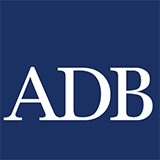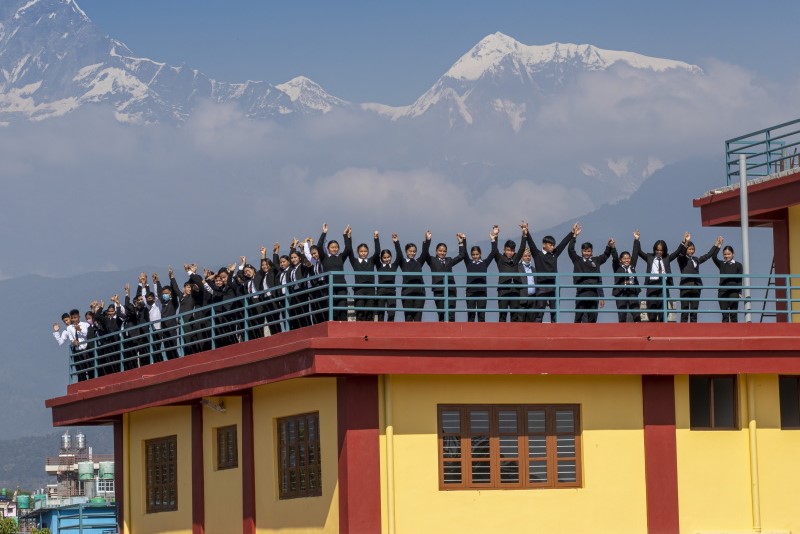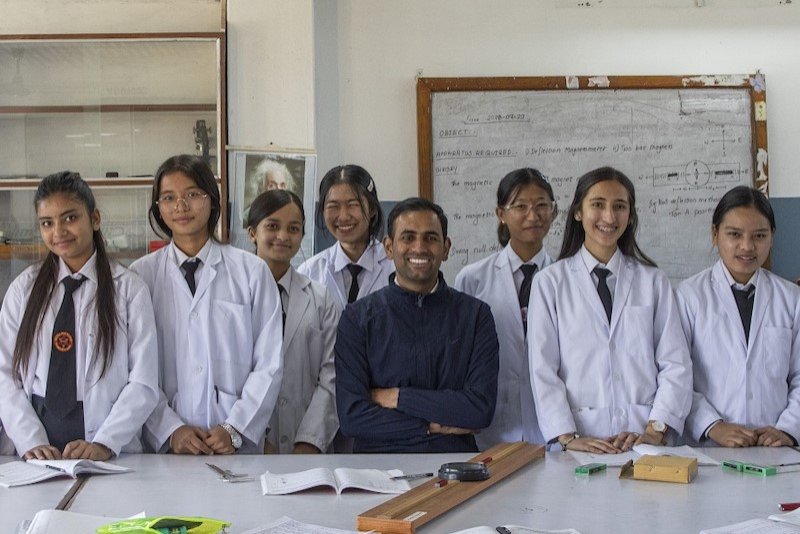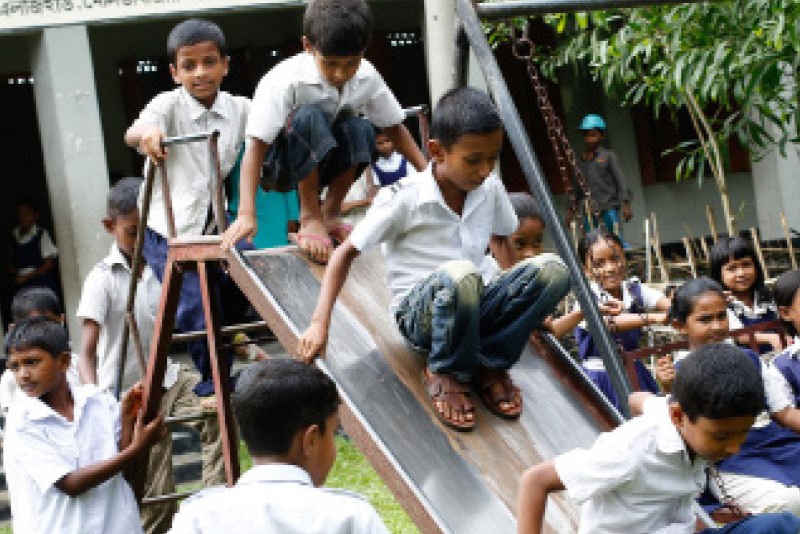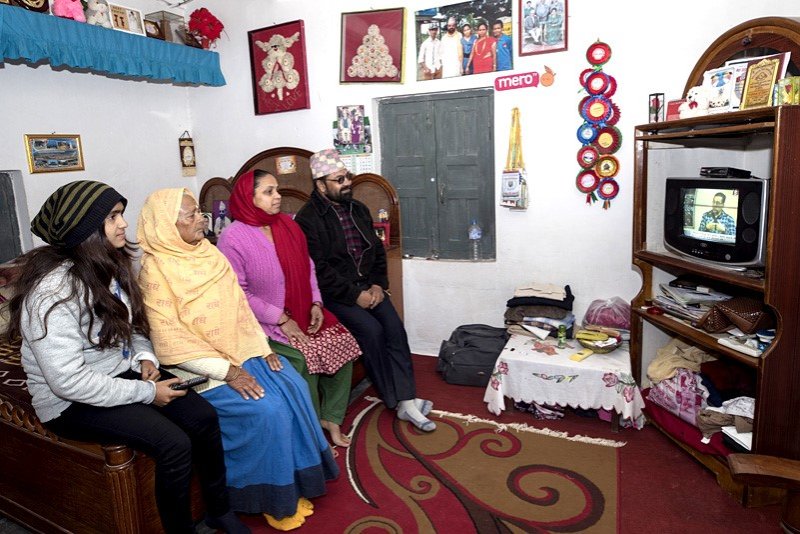Two offices handle Norway’s official development assistance. The Ministry of Foreign Affairs (MFA) administers the country’s support for economic development, democratization, implementation of human rights, good governance, and poverty reduction in developing member countries. The Norwegian Agency for Development Cooperation (Norad) a directorate under the MFA, ensures and reports on the effectiveness of the country’s development aid.
Norway primarily provides grants to initiatives prioritizing themes such as climate change and the environment, democracy and good governance, education, energy, global health, higher education and research, macroeconomics and public administration, and oil for development. Countries eligible for the country’s support are Bangladesh, India, Indonesia, Nepal, Pakistan, Sri Lanka, and Viet Nam.
Sovereign Cofinancing. In 2022, Norway supported the results-based lending program in Nepal that will assist the government in reforming the school education system through a technical assistance grant of $600,000 and through a non-ADB-administered investment grant of $6.8 million.
Norway contributes to two active trust funds with ADB, illustrating its commitment to the energy and water sectors. The Clean Energy Fund improves energy security in developing members and decreases the rate of climate change. The Water Financing Partnership Facility (Multi-Donor Trust Fund) supports the implementation of ADB’s Water Financing Program.
Nonsovereign Cofinancing. The Trade and Supply Chain Finance Program (TSCFP) supported over 30 transactions valued at $25.3 million with a bank domiciled in Norway from inception to December 2022. During the same period, the TSCFP supported over 60 Norwegian exports and/or imports valued at $76.5 million. In 2022 alone, the TSCFP supported four Norwegian exports and/or imports valued at $1.5 million. Exports and/or imports were mainly to/from Bangladesh, Viet Nam, and Pakistan. Underlying goods involved mostly food and agriculture-related goods, industrial machinery and capital goods, as well as raw and non-energy commodities.
Special funds. Norway contributes to ADB special funds where contributions from financing partners are administered with the same level of care as ADB’s own resources. Since becoming a member in 1966, Norway has committed a total of $371.5 million to special funds, of which $327.1 million went to the Asian Development Fund (ADF). The ADF provides grants to ADB’s low-income developing member countries to promote poverty reduction and improvements in the quality of life.
Knowledge. During the Asian Clean Energy Forum 2022 organized by ADB, a side event co-organized by Innovation Norway and Norwegian Ministry of Foreign Affairs introduced the Nordic energy power market on both a systemic and technical level, and point to the critical lessons from the region that can be replicated in different parts of Asia. This includes the regulatory framework allowing regional integration on energy and creating a spot market for energy trading.
Active Trust Funds
Trust funds with ongoing projects or no active projects but with remaining funds are considered active
News
The model school program is part of the Nepal’s School Sector Development Plan (SSDP), which was launched in 2016 and continued until 2022. The SSDP aims to increase access of all children to quality school education through strategic assistance and reform initiatives that improve the quality, efficiency, governance, management and resilience of the education system. Eight development partners support this program.
ADB, together with the Government of Norway, is helping Nepal strengthen the equity, quality, and resilience of its school education. Through the Supporting the School Education Sector Plan, they are supporting capacity building activities, strengthening program management and coordination, and improving the monitoring and reporting capability of the Ministry of Education, Science, and Technology.

